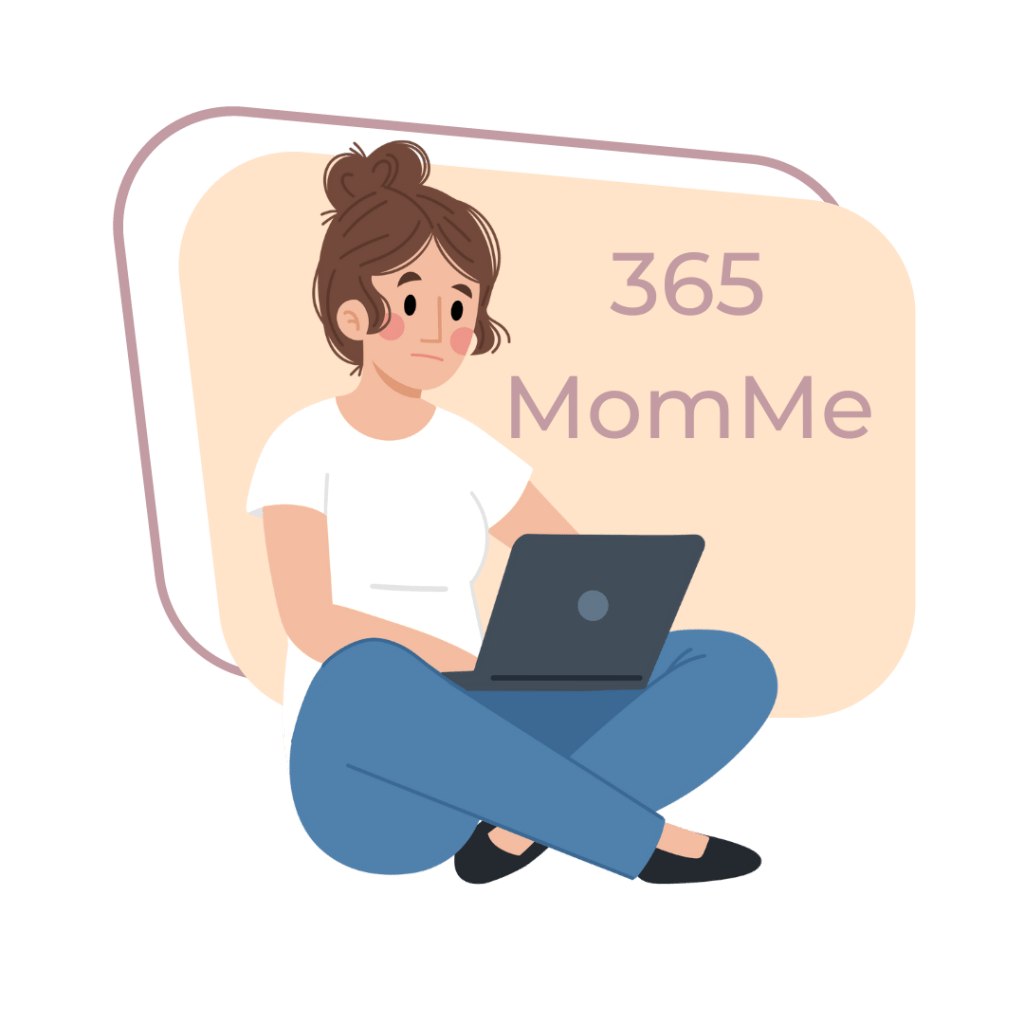
Introduction
The series of posts I’m doing on this subject matter are expanded from an article I found called 10 Kindergarten Readiness Skills Your Child Needs from 2013. Despite the article being older, the areas it covers are still basic areas of study and behavior that should be paid attention to.
My Credentials (reprinted from my original post):
Let me state up front that I am not a kindergarten teacher nor any other grade teacher. I have a BA in English from Sonoma State University in California and started my teaching credential years ago before my career path took me away from school and into the working world.

My expertise on the subject of kindergarten (and the other lower grades) comes from over four years of volunteering in a kindergarten class at my kids school. I also have seen the end result of kindergarten by volunteering in a first grade class for almost three years before COVID shut down in person schooling in our area.
I wasn’t the typical volunteer. As soon as my children started school, I was in the classroom five days a week splitting between kindergarten and the upper grades as needed. I’ve been put in charge of tech education for kindergarten and have run multi levels of reading groups in first grade. I also worked on reading fluency with emerging readers and became known as the parent to rely on when given an educational task to accomplish in the classroom.
The two teachers I worked with most were seasoned professionals. My mentors were wonderful women who made teaching their life.
- The kindergarten teacher was one of the original teachers at our school which was founded in 1995. She transferred over from another school and while kindergarten is her niche, she also had taught grades higher up into elementary school.
- The first grade teacher I worked with had been teaching longer than I’ve been alive. She knew what kids needed to have in first grade and was great at evaluating how successful a kindergarten year was for a kid within the first few weeks of school in her class.
I might not be considered an expert because I don’t have a degree. I do believe my time in the classroom as well as being a mother myself helps me give a balanced view of things that will help your child succeed in kindergarten.
Area 8: Reading Readiness
As your little one takes their first steps into kindergarten, you’re embarking on a journey of discovery, imagination, and the wonderful world of reading. Developing reading readiness is a crucial aspect of this adventure, laying the foundation for a lifelong love of books and learning. In this blog post, we’ll explore practical and engaging ways to foster reading readiness in your kindergartener.
1. Read Aloud Every Day
Make reading a cherished daily ritual. Choose a diverse selection of books, from picture books to early reader stories. Reading aloud introduces vocabulary, improves comprehension, and ignites a passion for stories. Don’t be afraid to use different voices and engage your child with questions about the story.
2. Encourage Letter Recognition
Help your child become familiar with the alphabet by incorporating letters into playtime. Use magnetic letters on the fridge, play alphabet games, and point out letters in everyday surroundings. This familiarity sets the stage for future phonics learning.
3. Build a Print-Rich Environment
Surround your child with words and letters. Label common household items, create a cozy reading corner with accessible books, and incorporate alphabet posters or wall decals. This exposure helps your child understand the connection between spoken and written language.
4. Explore Rhyming Words
Rhyming games and books are not only entertaining but also aid in phonemic awareness. Encourage your child to identify rhyming words in stories and come up with their own rhymes during playtime.
5. Practice Phonemic Awareness
Phonemic awareness involves recognizing and manipulating individual sounds in words. Play sound games, like “I Spy” with initial sounds (e.g., “I spy something that starts with the /b/ sound”). This builds the foundation for phonics and decoding skills.
6. Sight Word Fun
Introduce high-frequency sight words that appear frequently in early reading materials. Use flashcards, play memory games, or create a sight word scavenger hunt around the house. Recognizing these words helps improve reading fluency.
7. Interactive Storytelling
Encourage your child to retell stories they’ve heard or create their own narratives using puppets, action figures, or drawings. This activity fosters comprehension, sequencing skills, and creativity.
8. Visit the Library Regularly
Make the library a special outing. Allow your child to choose books that pique their interest. This not only instills a love for books but also helps them take ownership of their reading journey.
9. Engage in Predictive Reading
Ask your child to make predictions about what will happen next in a story. This activity promotes critical thinking and comprehension skills. Encourage them to support their predictions with evidence from the text.
10. Celebrate Milestones
Celebrate small reading achievements to boost confidence and motivation. Whether it’s mastering a new sight word or finishing a challenging book, acknowledging their progress reinforces their love for reading.
Remember, the journey to reading readiness is a unique and beautiful process. Be patient, provide plenty of encouragement, and most importantly, make reading a joyful experience. With your support, your kindergartener will embark on a lifetime of literary adventures.
Here’s to the magical world of reading and the exciting kindergarten year ahead! Happy reading!
RESOURCES:
Find more great kindergarten educational videos on my YouTube playlist: Kindergarten Skills Videos



Leave a Reply